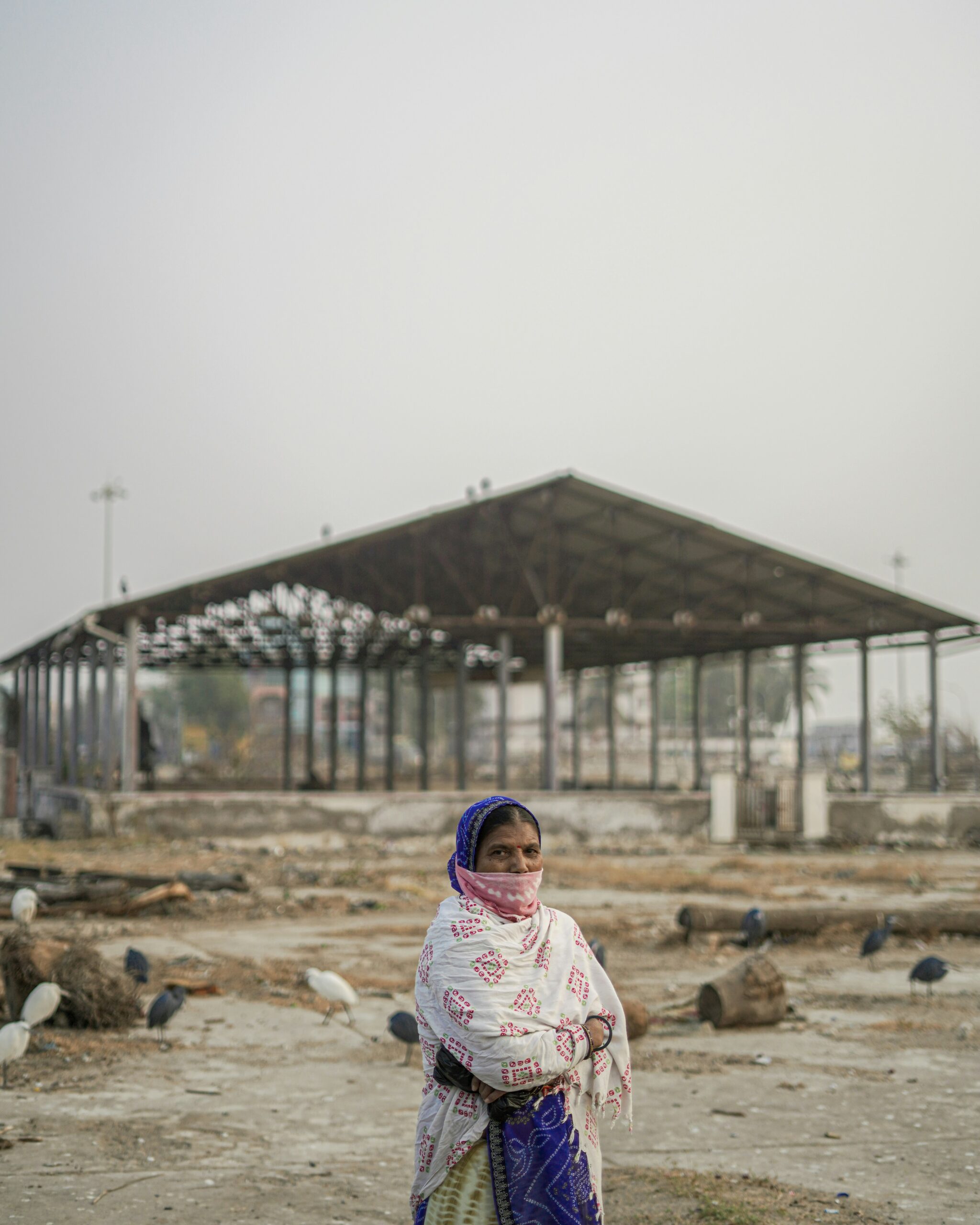
In a dire escalation of the ongoing conflict in the Middle East, the Gaza Strip is facing a severe humanitarian crisis as its water supply infrastructure suffers extensive damage. The region, already grappling with decades of political instability and economic hardships, now confronts an acute shortage of one of the most basic human necessities: clean drinking water.
Key Facts
- Significant damage to Gaza’s water infrastructure has been reported, directly affecting civilian access to water.
- Local and international aid organizations have accused Israel of using water as a tactical weapon in the conflict.
- Collateral damage during military operations has led to the destruction of facilities that are crucial for water distribution and sanitation.
Background
The Gaza Strip, home to a densely populated area of approximately 2 million people, has been a focal point of the Israeli-Palestinian conflict. Over the years, the region has faced multiple military operations, blockades, and economic sanctions, profoundly affecting its infrastructure and living conditions. The current crisis highlights the severe impact of warfare on civilian resources, particularly water supply, which is essential for survival.
What We Know
Recent reports from the ground have highlighted the catastrophic impact of targeted attacks on Gaza’s water infrastructure. Sources indicate that Israeli forces have bombed several key facilities that supply and treat water, rendering them inoperative. This has left many civilians, including vulnerable groups like women and children, struggling to access safe drinking water. The attacks at these critical points have not only risked lives due to direct conflict but have also increased the potential for waterborne diseases, as the population is forced to use contaminated sources.
Official Reactions
Aid groups and international observers have sharply criticized the actions, labeling them as a use of water as a weapon of war. This strategy, they argue, directly contravenes international humanitarian laws, which protect civilian infrastructure during conflicts. The international community has called for immediate cessation of hostilities and urged for diplomacy to take precedence to resolve the ongoing tensions.
What’s Next
The future remains uncertain for the residents of Gaza as they face the dual challenges of conflict and a crippling water crisis. Humanitarian aid efforts are being mobilized to address the immediate needs, but a long-term solution seems contingent on broader political resolutions. The world watches closely as diplomatic efforts continue to navigate the complex geopolitics of the region, hoping for a resolution that can restore peace and vital services to the beleaguered Gaza Strip.


